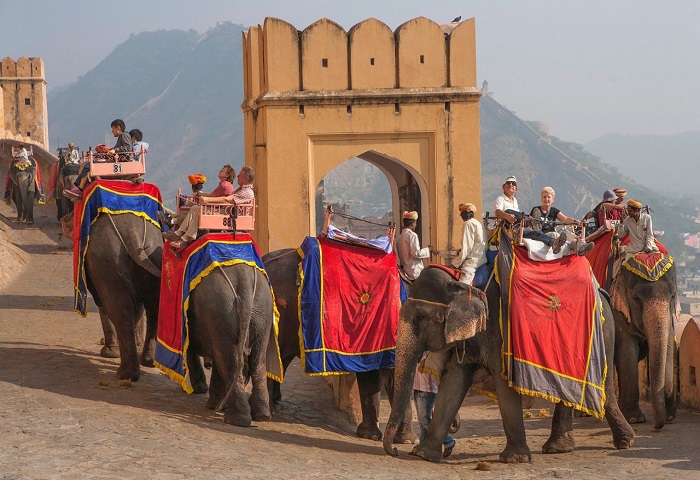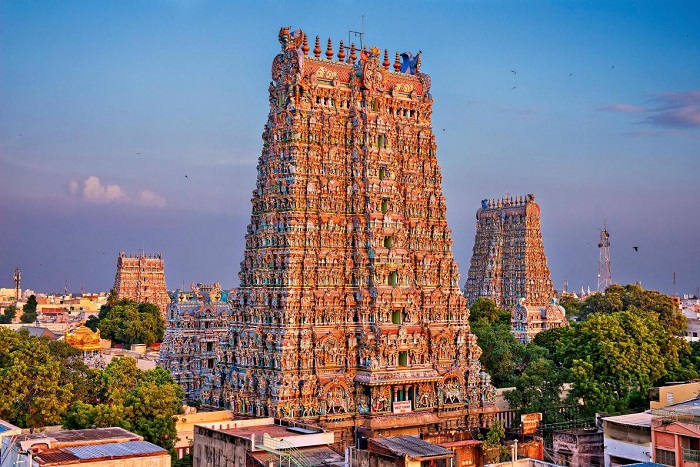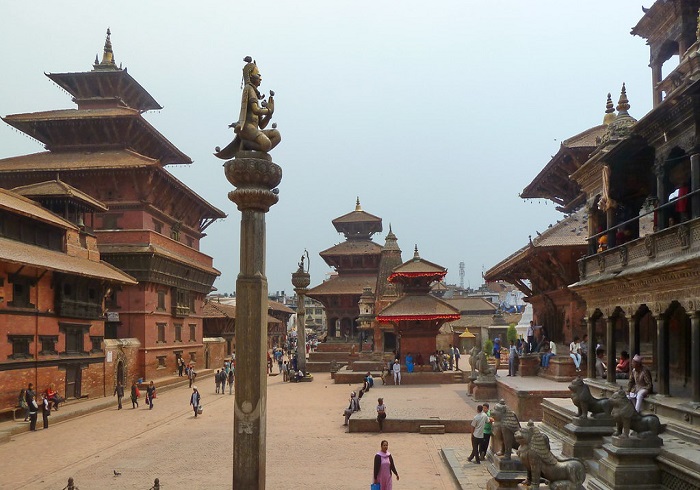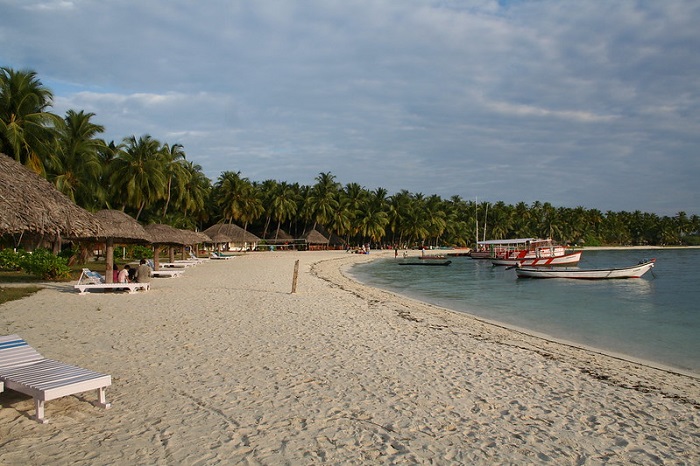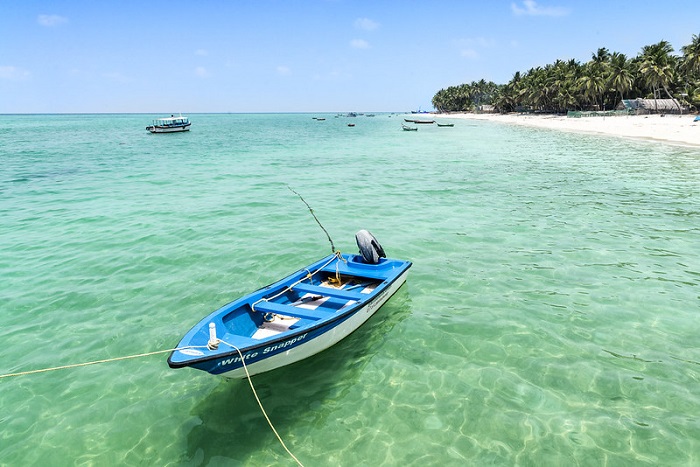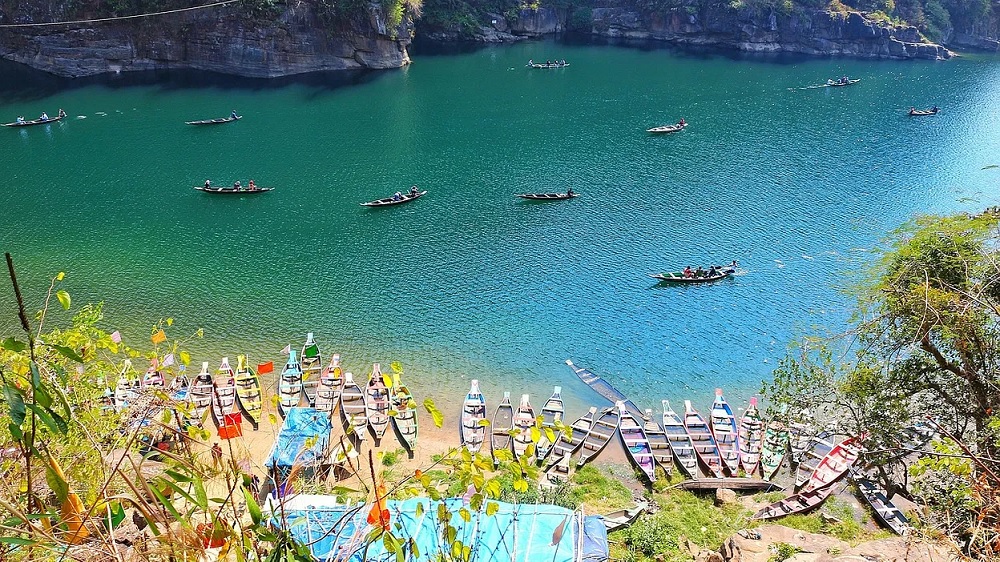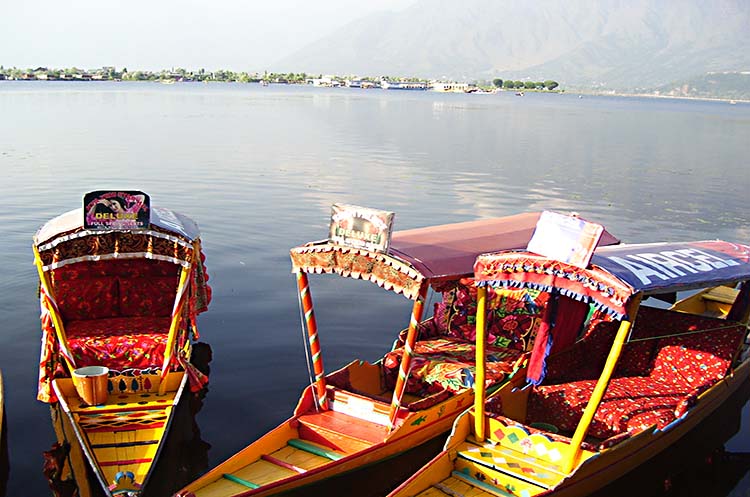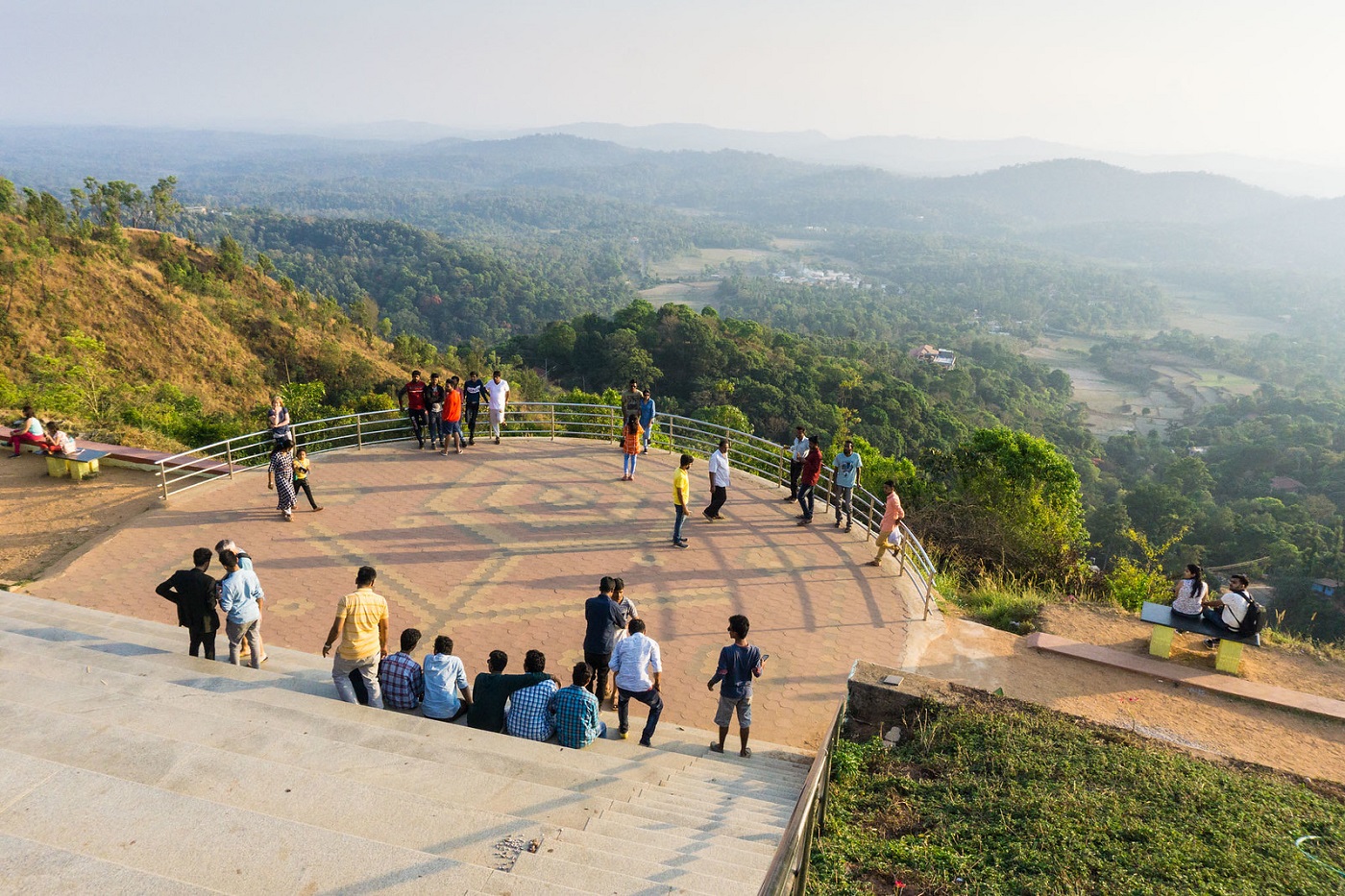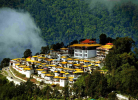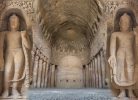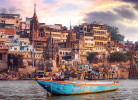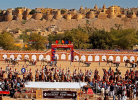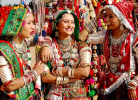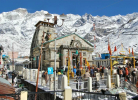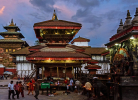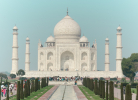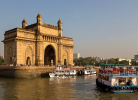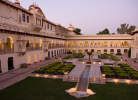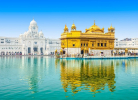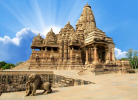Pongal Festival - Tamil Harvest Festival of South India
Commonly referred to as Tai Pongal or Thai Pongal, Pongal is one of the most popular festivals of South India. This festival is celebrated with zeal and fervour in Tamil Nadu and marks the beginning of Uttarayan. The four-day annual festival not only celebrates the sun's journey northwards but also thanks to the Lord for the abundant harvest. Pongal is quite similar to thanksgiving in the USA. Sun plays an important role in agriculture and worshipping the sun god is what Pongal is all about.
A traditional dish of the same name is also prepared on this auspicious occasion that signifies abundance and prosperity. Right before the start of Pongal, an international Pongal fest is held near Tuticorin. This event effortlessly blends traditions with art and music.
What is Pongal?
Pongal is a Hindu harvest festival that is particularly popular in the Tamil community. It is an ancient festival that had its origin in the 300 BC. Pongal has been mentioned in the inscriptions at Veeraraghava Swamy Temple dating back to the Chola Dynasty. Even the Pongal dish has been mentioned in religious texts of the Chola Dynasty. It talks about detailed recipes that are prepared in today’s era on the auspicious occasion of Pongal.
According to legends, on the first day of Pongal festivity, Lord Krishna lifted Mount Govardhan to protect the people of the village from the wrath of Indra, the rain god. Another legend is that of Lord Shiva who asked Basava to tell people to take an oil bath regularly. It happened on the third day of Pongal.
When Pongal is Celebrated?
The auspicious occasion of Pongal is celebrated in January every year. It usually begins on 13th or 14th of January and continues for 4 days. In the year 2020, Pongal will be celebrated from January 15th to 18th.
Why Pongal is Celebrated?
The celebration of Pongal goes back to Hindu mythology. It is believed that Lord Shiva sent his bull Basava on our planet to spread the message that people should take an oil bath daily. However, Basava announced that everyone should take an oil bath once in a month and eat daily. This angered Lord Shiva and he cursed Basava to help people in their agricultural activities so that they can produce more crops. Hence in the modern era, people celebrate Pongal with cattle and crops.
As the Sun God and Lord Indra play the most important role in producing better crops, Pongal is dedicated to both of the lords. The people of Tamil Nadu discard their old belongings and buy new clothes to mark the beginning of festivity.
How Pongal is Celebrated?
Day 1 - Bhogi Pongal
The first day is commonly known as Bhogi Pongal. It is dedicated to Lord Indra who is the supreme god of the rains and clouds. People clean their homes and mark the onset of Pongal. In the rural areas, there is a ceremony called Bhogi Mantalu where villagers sing and dance around a bonfire to please the Lord. The bonfire is made out of agricultural wastes, old household goods and clothes. Farmers smear their agricultural tools with sandalwood pastes that signify a prosperous harvest.
Day 2 - Thai Pongal
The main rituals are performed on the second day which is commonly known as the Thai Pongal or Surya Pongal. The day begins with designing the Kolam at the main entrance of the house. The females of each household must make the design after taking a bath early in the morning. Everyone wears traditional attire to perform the ritual.
The prasadam is also prepared on the second day. Rice and milk are boiled together in a clay pot right in an open space. The offering is made to the Sun God and later it is consumed by the family members. Apart from the Pongal dish, a variety of other delicacies are also prepared and people wish a prosperous Pongal to one another.
Day 3 - Mattu Pongal
The third day of Pongal festivity is called Mattu Pongal and it is dedicated to the cattle and other farm animals. Cows and bulls who contribute to better yielding crops are worshipped on this day. The farm animals are taken around the village and people seek blessing from them.
Day 4 - Kaanum Pongal
The fourth day is known as Kaanum Pongal which is the last day of Pongal festivity. The Tamils worship the Sun god and offer food that has been prepared on this day. Sugarcane is the main offering as it symbolizes sweetness and happiness. Sisters pray for the long lives of their brothers and visit elderly members of the family to pay respect.
The Tamils regularly visit temples on this 4-day celebration as it plays an integral role of Pongal festivity.
Which Dish is Made on Pongal?
There are two different kinds of Pongal, Sakkarai and Venn. Sakkarai Pongal involves boiling rice in milk and jaggery. It is a sweet dish prepared in a clay pot and wood fire outside the house. The main ingredients include milk, rice, jaggery and coconut. Venn Pongal involves a savoury delicacy which is served during breakfast. It is usually eaten with coconut chutney and sambar. This dish is very popular in Tamil Nadu as well as in Sri-Lanka.
Tourist Attractions in Pongal
Pongal is one of the best times to visit Tamil Nadu and soaking up the festive vibe. Some of the best places to visit during Pongal include :
1. Madurai
The charming town of Madurai is tightly packed with exquisite temples and palaces. The people of this region celebrate Pongal with fervour and enthusiasm. Explore the local shrines and fill your tummy at the local eateries serving special delicacies on this occasion. Jallikattu events are also popular in villages around Madurai which involve bullfights.
2. Thanjavur
Pongal celebration at Thanjavur is unique yet delightful. The people celebrate Mattu Pongal by worshipping cattle at the revered Brihadeeshwara Temple. The temple is over 1000 years old and is known for its architectural brilliance.
3. Coimbatore
Pongal Celebration in Coimbatore is all about traditional dance forms, delicious food and games. The residents paint their homes and design Kolam at the main entrance. The restaurants serve different meals, especially for this occasion. Even the markets are gorgeously decorated and exude a typical Pongal vibe.
4. Salem
The industrial town of Salem gets decked up in Pongal festivity. Apart from getting dressed in new clothes, the people of this region perform a traditional ceremony known as ‘Fox Darshan’. As the name suggests, a fox is worshipped by the people of the town. After the ceremony, it is released in the forest.


